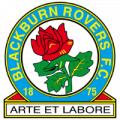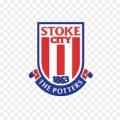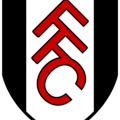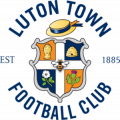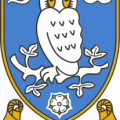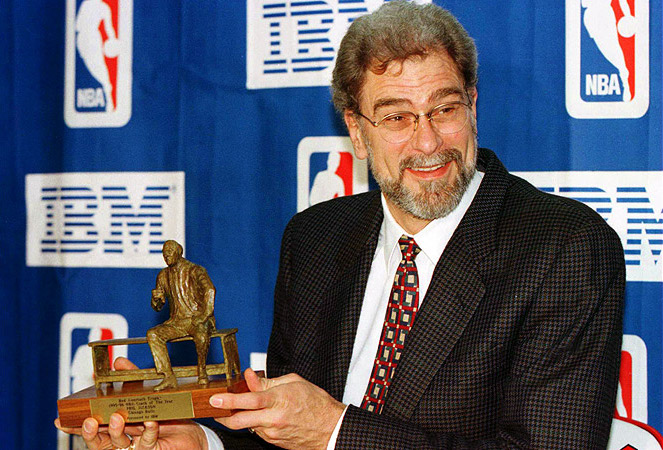Who Is Phil Jackson?
Phil Jackson is a former NBA player and coach, whose time in the league (in both roles) was a period of great success, but especially as a head coach. Jackson was a 6’8” power forward that spent 12 seasons in the league as a player, spanning from the late 60’s to the early 80’s. He played his first 10 seasons for the New York Knicks, winning two championships during his tenure in Madison Square Garden alongside Walt Frazier and Willis Reed.
He then closed off his career playing his final two seasons for the not-so-successful, New Jersey Nets. Following his playing career, Jackson delved into coaching roles and gained experience both in the USA’s CBA, as well as Puerto Rico’s BSN. He repeatedly tried landing a coaching position on an NBA roster, but did not get his chance until the 1987 season. The Chicago Bulls hired Phil Jackson as an assistant coach that season, where he played his role under head coach Doug Collins. Despite Collins’ display of continual improvement with the Bulls each year that he was there, he was eventually fired in 1989 after their Eastern Conference Finals loss to Isiah Thomas, Dennis Rodman and company’s Bad Boy Pistons. Luckily for Phil Jackson, this opened the door to his first ever head coach position in the NBA. Jackson went on to win 6 championships as head coach of Michael Jordan and the Chicago Bulls, which occurred as two three-peats (the first from 1991-93 and the second from 1996-98).
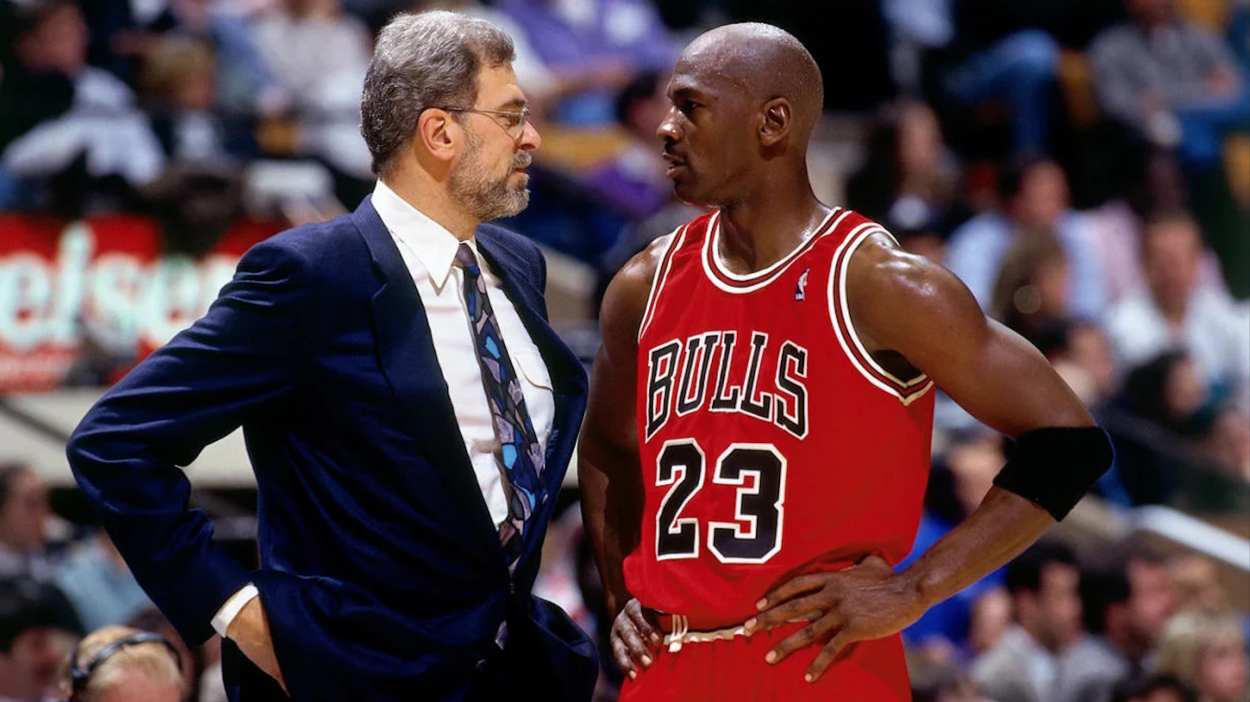
Long story short, Jackson’s immense success and influence did not stop there, as he went on to coach the Los Angeles Lakers’ duo of Shaq and Kobe to a three-peat of their own from 2000-02. Jackson won his two final championships in 2009 and 2010 with the Lakers, and retired from coaching the following year to focus on his personal life.
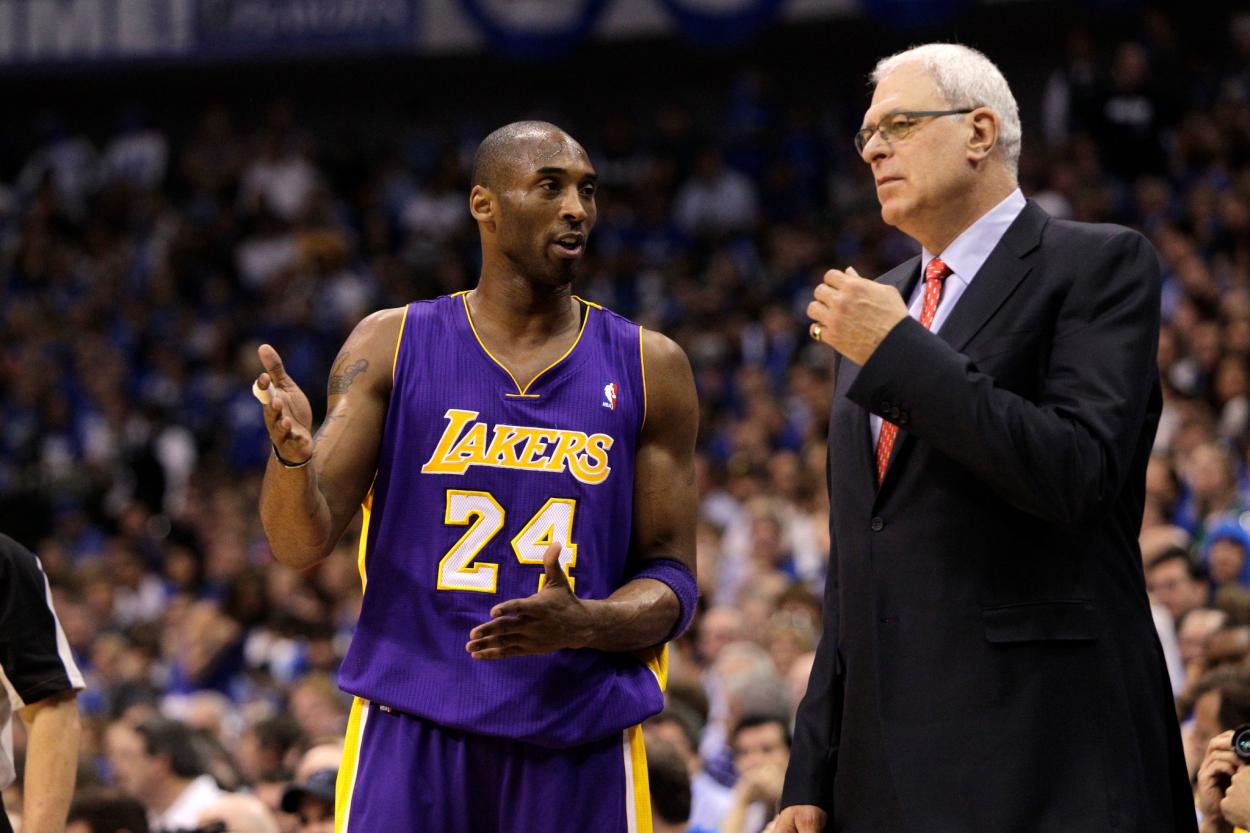
Phil Jackson's Stroke of Genius Within Eleven Rings
In May of 2013, Phil Jackson officially published a book he titled, Eleven Rings. This masterfully written book encapsulates Jackson’s experiences throughout his difficult yet historic coaching journey in the NBA, during which he won 11 titles in that role. He details his thoughts and feelings over the course of his coaching tenure, and uses anecdotes from specific seasons, rosters, and even players to drive certain points home regarding what he attributed his and his teams’ success to.
The book itself is absolutely sensational, especially to a fervent basketball admirer like myself, but I would like to discuss a specific decision Phil Jackson made in writing this book, which actually first arises in Chapter 1, “The Circle of Love”. Near the end of the chapter, Phil makes a direct reference to a book that was released in January of 2008 titled Tribal Leadership, written by management consultants Dave Logan, John King, and Halee Fischer-Wright.
For context, their book essentially discusses the idea that every corporation contains anywhere from a few to hundreds of so-called tribes, and that there are certain ways to navigate and lead them to maximize growth and overall productivity within the corporation. Tribal Leadership details the five stages of tribal development, and how these different stages are classified, and later compared to one another. Jackson wanted to adapt this concept to a field he knew very much about, that being basketball. In Eleven Rings, Jackson mentioned the parallel he had noticed between the two fields, “Although basketball teams are not officially tribes, they share many of the same characteristics and develop along much the same lines…” (Jackson 7).
He then proceeded to list the different stages with their explanations, (least favorable to most favorable):
“STAGE 1—shared by most street gangs and characterized by despair, hostility, and the collective belief that ‘life sucks’.
STAGE 2—filled primarily with apathetic people who perceive themselves as victims and who are passively antagonistic, with the mind-set that ‘my life sucks.’ Think The Office on TV or the Dilbert comic strip.
STAGE 3—focused primarily on individual achievement and driven by the motto ‘I’m great (and you’re not).’ According to the authors, people in organizations at this stage ‘have to win, and for them winning is personal. They’ll outwork and outthink their competitors on an individual basis. The mood that results is a collection of lone warriors’.
STAGE 4—dedicated to tribal pride and the overriding conviction that ‘we’re great (and they’re not).’ This kind of team requires a strong adversary, and the bigger the foe, the more powerful the tribe.
STAGE 5—a rare stage characterized by a sense of innocent wonder and the strong belief that ‘life is great.’ (See Bulls, Chicago, 1995–98)”.
What I find most interesting is that Jackson continued to make references to this schematic ideology throughout his book, and used the different stages to help us as readers, understand more deeply the dynamic that existed within the different rosters and teams he coached from season to season.
It's an absolutely genius way to help readers understand and even keep up with the different aspects of tribal connectivity and community that are present in basketball, in addition to which stages, or tendencies from certain stages, translated more completely into team success on and off the court. It is clear to me—and I would assume to anyone else who truly puts the time into familiarizing themselves with the greatness of Phil Jackson—that a normal mind would not view and observe a team’s togetherness and success in that way.
This ideology gives different rosters (from any given era) more prominent characteristics that are worth keeping an eye on. These characteristics that are attached to certain rosters or teams can be seen as existing patterns amongst other teams of that respective caliber, whether it be a pattern amongst successful teams or one amongst unsuccessful teams throughout history. These patterns that exist amongst teams of a similar caliber and make-up, can all be traced back to one of the five stages of tribal development.
Phil Jackson is remembered for such a large number of different reasons in the basketball world, that writing an article about them all in detail would probably turn out as long as his book. With that said, I feel it is more important to celebrate his intelligence and his approach to his given roles within a basketball organization. His utilization of concepts and ideologies that he had gathered from outside the realm of basketball in order to make a direct impact on his success within it, is a truly fascinating ability to have. It is clear that this ability translated very well for him with regards to his career accolades and accomplishments, and I definitely hope to see an individual as astute and brilliant as he was back in the NBA one day, in whatever role that may be.

